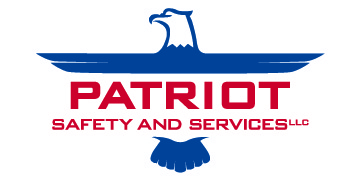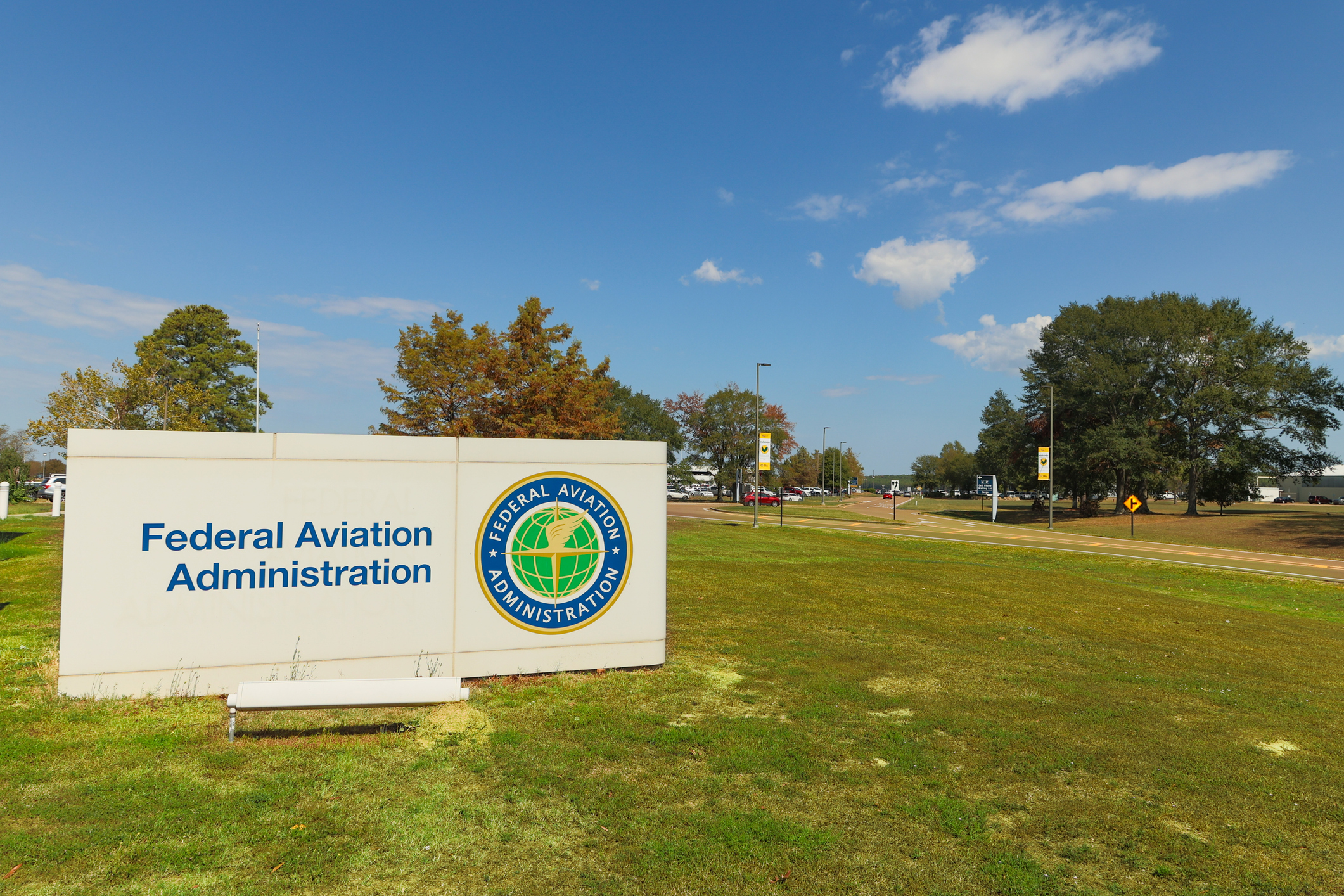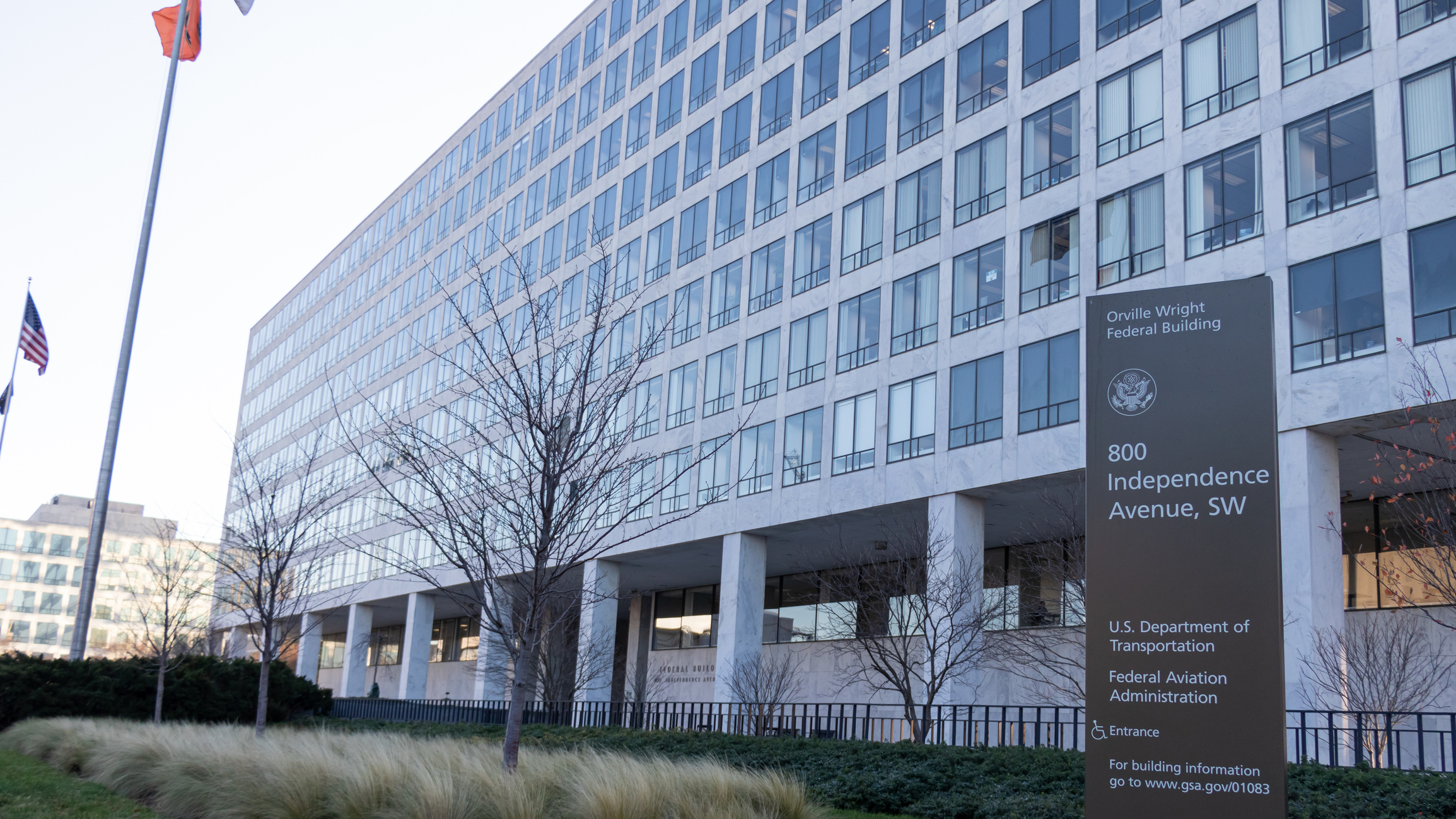Hiring decisions carry more than just the weight of productivity—they come with legal, financial, and reputational consequences. When an unqualified or high-risk candidate is hired due to missing or incorrect information, the cost can be enormous. That’s why employers in every industry rely on accurate background screenings to reduce risk and protect their organization from avoidable liabilities.
While background checks are a common hiring step, not all screenings are equal in quality. Inaccurate or incomplete data can lead to poor hiring decisions that expose your company to lawsuits, compliance violations, and safety issues. In this blog, we’ll explore how accurate background screenings help reduce risk, why precision matters, and how employers can build a reliable screening process.
Why Accuracy in Background Screening Matters
The goal of accurate background screenings is to provide a clear and verified picture of a candidate’s past—including their criminal record, work history, driving record, and education. This information helps employers assess risk, evaluate trustworthiness, and determine whether a candidate is suitable for a given role.
When screening data is inaccurate—whether due to outdated databases, mismatched identities, or incomplete verifications—employers are left vulnerable. They may hire someone with a history of workplace violence, repeated driving violations, or even falsified credentials.
Mistakes in background screenings not only increase workplace risk—they also expose employers to regulatory action, negligent hiring lawsuits, and significant financial loss.
Legal and Financial Risks of Inaccurate Background Screenings
Employers who fail to use accurate background screenings may face a variety of legal consequences, especially if an incident occurs that could have been prevented through proper vetting.
- Negligent Hiring Lawsuits
One of the most common outcomes of improper screening is a negligent hiring claim. If an employee harms a coworker, customer, or member of the public—and the employer failed to uncover a relevant past offense—courts may hold the company responsible.
Accurate background screenings help prevent this by identifying disqualifying red flags before employment begins.
- Regulatory Penalties
Industries like transportation, healthcare, education, and government contracting have strict screening requirements. Failure to comply with these rules due to inaccurate data or incomplete reports can lead to regulatory penalties or loss of licensure.
- Fines and Settlements
Improperly rejecting a candidate due to a flawed or inaccurate report can also backfire. If the employer fails to follow the Fair Credit Reporting Act (FCRA) procedures—such as giving the candidate a chance to dispute findings—it could result in legal settlements, fines, or reputational harm.
By using accurate background screenings, employers can minimize these risks and demonstrate that they made reasonable, evidence-based decisions.
Real-World Scenarios Where Accuracy Is Critical
Let’s look at a few examples of how accurate background screenings protect businesses:
A logistics company hires a commercial driver without seeing prior DUI offenses due to an outdated MVR check. An accident follows—and now the company faces legal liability.
A healthcare clinic overlooks a false degree listed by an applicant. Months later, the employee’s work is audited, and the clinic is fined for credential violations.
A manufacturing supervisor is hired without revealing a past violent incident at a former job. A similar altercation occurs on-site, leading to a lawsuit against the employer for negligent screening.
In each of these cases, accurate background screenings would have given employers the information needed to make a different hiring decision—or at least implement added oversight.
Key Elements of Accurate Background Screenings
What makes a background screening truly accurate? Employers should look for the following elements:
- Multi-Level Criminal Searches
Reliable screenings go beyond basic national databases. They include county, state, and federal searches, ensuring that all relevant jurisdictions are covered.
- SSN Trace and Identity Verification
An SSN trace confirms the candidate’s identity and highlights aliases or previous addresses that may be missed in standard checks.
- Verified Employment and Education Records
Instead of relying on self-reported data, accurate background screenings include direct verification of job titles, dates of employment, and earned degrees or certifications.
- Timely and Updated Information
Outdated data can lead to false negatives or disqualifications. A trustworthy screening provider ensures all records are current and pulled from primary sources.
- Error Resolution Support
If a candidate disputes the findings, the provider should have a clear dispute process to quickly investigate and correct any inaccuracies, preserving fairness and compliance.
Best Practices for Employers Using Background Screenings
To get the most from accurate background screenings, employers should follow a few core best practices:
Develop a Written Policy
Clarify which roles require which types of screenings and what criteria will be used to evaluate results.
Work with a Trusted Screening Provider
Partner with a screening company that prioritizes accurate background screenings through verified data, advanced search capabilities, and compliance knowledge.
Train HR Teams and Hiring Managers
Ensure decision-makers understand how to interpret reports, apply them fairly, and follow proper adverse action steps if needed.
Keep Records Secure and Compliant
Store all screening-related documentation in a secure, digital format that can be retrieved for audits or legal inquiries.
Why Employers Trust Patriot Safety and Services
At Patriot Safety and Services, we specialize in accurate background screenings that meet the highest standards of compliance, clarity, and turnaround speed. Our screening solutions are built to support hiring decisions that protect your business from risk—while streamlining the onboarding process.
Our Screening Services Include:
- County, state, and federal criminal background checks
- MVR checks for drivers and DOT-regulated roles
- Employment and education verification
- Sex offender registry and watchlist searches
- Secure, FCRA-compliant reporting
- Fast turnaround times and real-time updates
- Adverse action and dispute support
We serve employers across Texas and the southeastern U.S., helping small businesses, large enterprises, and regulated industries feel confident in every hire they make.
Final Thoughts
Hiring always involves some level of risk—but accurate background screenings help you control it. By verifying the information that matters most, you reduce exposure to lawsuits, improve safety, and build a workforce you can trust.
Don’t leave critical hiring decisions to chance or incomplete data. Partner with a screening provider like Patriot Safety and Services to ensure that every background check you conduct is thorough, compliant, and—above all—accurate.





